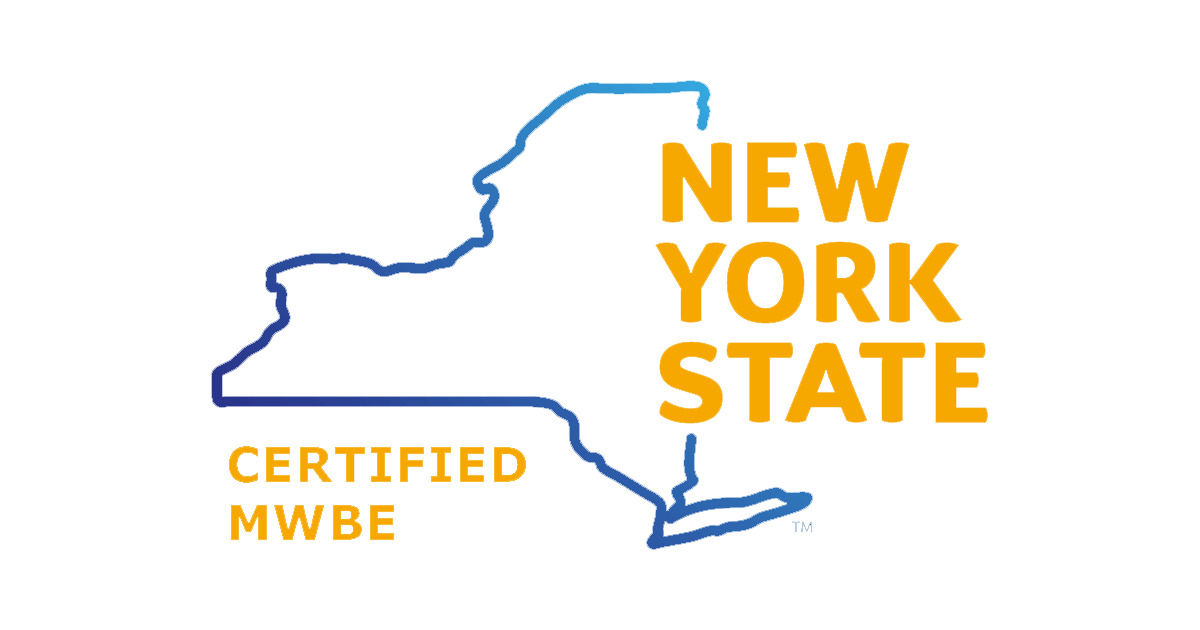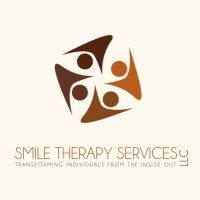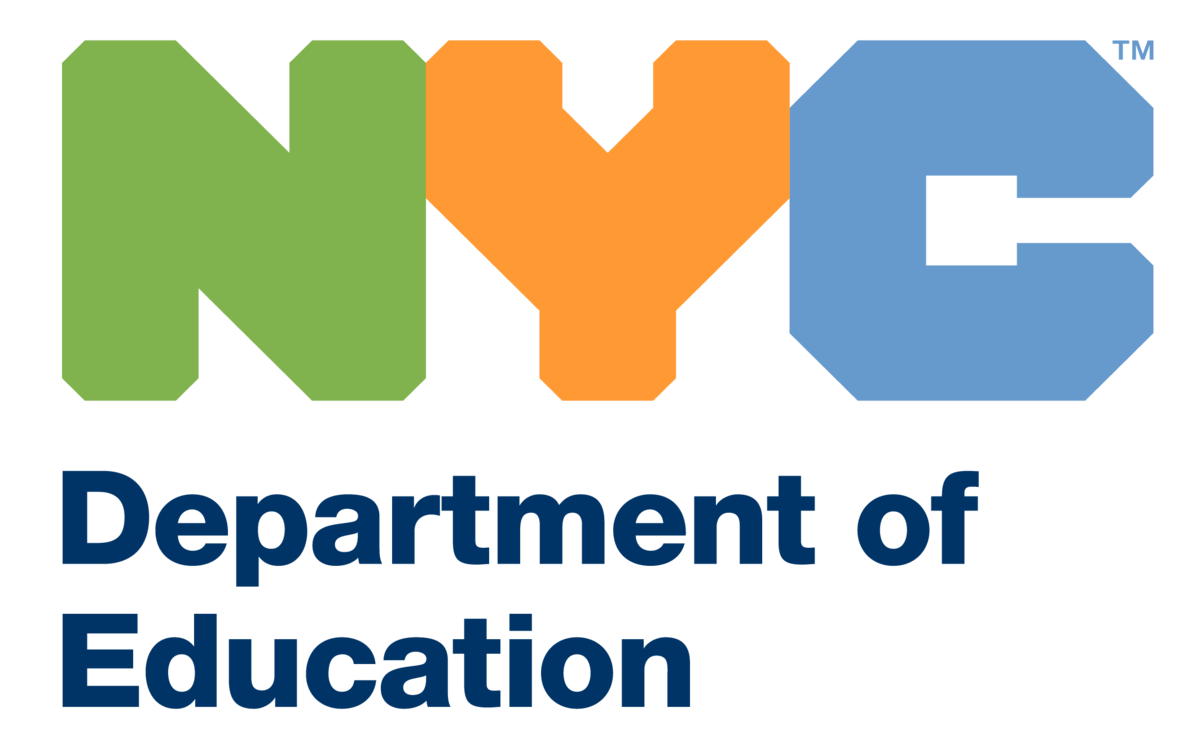SERVICE
Organizational Development
What is organizational development?
Organizational development (OD) refers to the planned and systematic approach to improving the effectiveness of an organization through interventions that involve changes in its structure, processes, culture, and people. The primary objective of OD is to enhance the organization's capacity to achieve its goals, adapt to change, and improve its overall performance.
Organizational Development typically involves working with key stakeholders, such as employees, managers, and leaders, to identify areas where the organization can improve and develop a plan to implement change. This can involve a range of interventions, such as improving communication processes, developing leadership skills, redesigning organizational structures, and implementing new technology.
Culture Assessment
Signs your Organization Might need a Culture Assessment:
High turnover rates
If your organization is experiencing high rates of employee turnover, it could be a sign that there are underlying cultural issues that need to be addressed. A culture assessment can help identify the root causes of turnover and provide recommendations for improvement.
Low employee engagement
If your employees seem disengaged or unenthusiastic about their work, it could be a sign that the organizational culture is not supportive or motivating. A culture assessment can help identify the factors that are contributing to low engagement and provide strategies for improving employee satisfaction and productivity.
Lack of diversity and inclusion
If your organization lacks diversity and inclusivity, it could be a sign that the culture is not welcoming or supportive of people from different backgrounds. A culture assessment can help identify areas where the organization can improve its inclusivity and create a more diverse and equitable workplace.
Inconsistent or unclear values
If your organization's values are unclear or inconsistently applied, it can create confusion and a lack of direction. A culture assessment can help identify areas where the organization can clarify and reinforce its values, and ensure that they are reflected in its policies and practices.
Communication breakdowns
If there are frequent communication breakdowns or conflicts within the organization, it could be a sign that the culture is not fostering open and honest communication. A culture assessment can help identify the barriers to effective communication and provide recommendations for improving communication and collaboration
The Positive Impact of our Culture Development Program
By investing in Organizational Development interventions, organizations can create a workplace where employees feel valued, motivated, and empowered to contribute to the organization's success.
How often should you assess your company culture?
Organizations should assess their culture on a regular basis to ensure that it remains healthy and aligned with their values and goals. The frequency of assessments may depend on various factors, such as the size of the organization, the complexity of its operations, and the rate of change in its internal and external environments.
As a general guideline, organizations should conduct a comprehensive culture assessment at least once a year. This assessment should involve gathering feedback from employees, managers, and other stakeholders through surveys, interviews, focus groups, or other forms of communication. The assessment should also involve analyzing relevant data, such as turnover rates, employee engagement scores, and customer satisfaction ratings.
In addition to annual assessments, organizations should also conduct pulse checks or spot checks to monitor the state of their culture more frequently.
These can be done using shorter surveys or informal conversations to gauge employee sentiment and identify potential issues or areas for improvement.
Ultimately, the goal of assessing organizational culture is to ensure that it remains healthy, adaptive, and supportive of the organization's goals and objectives. By conducting regular assessments and taking action based on the results, organizations can foster a culture that promotes employee well-being, innovation, and sustainable growth.





































































































































